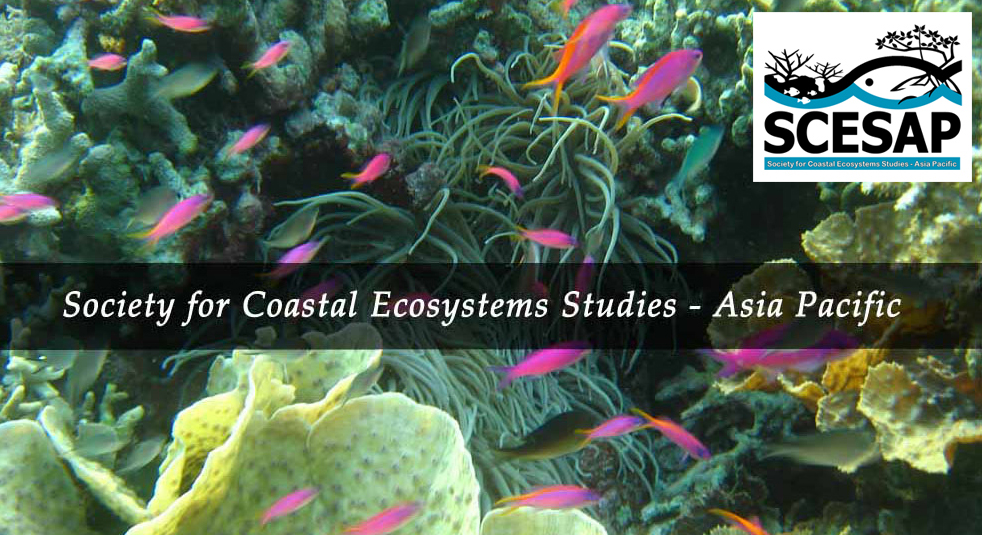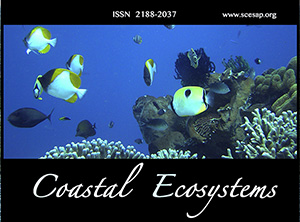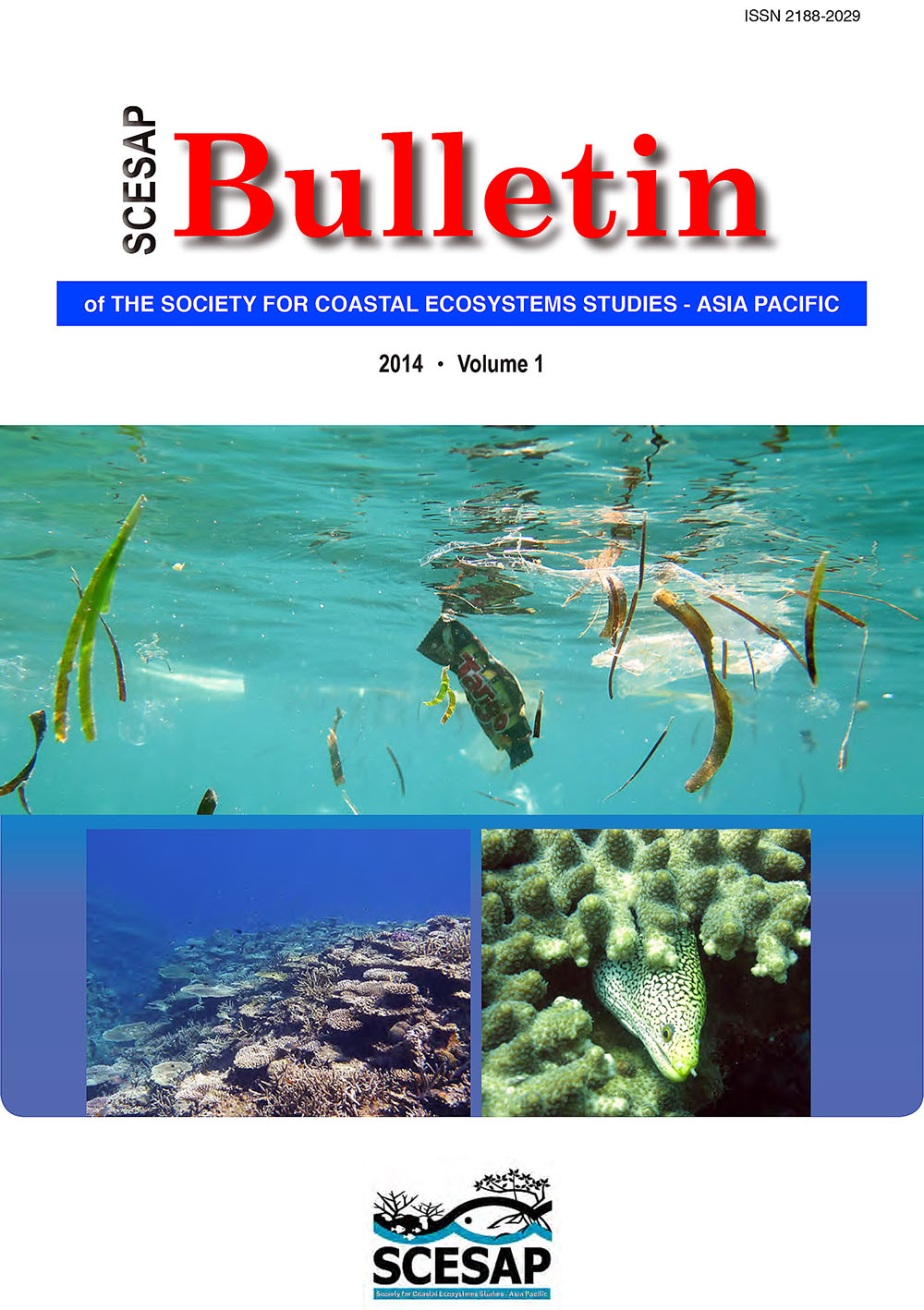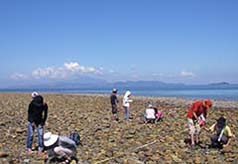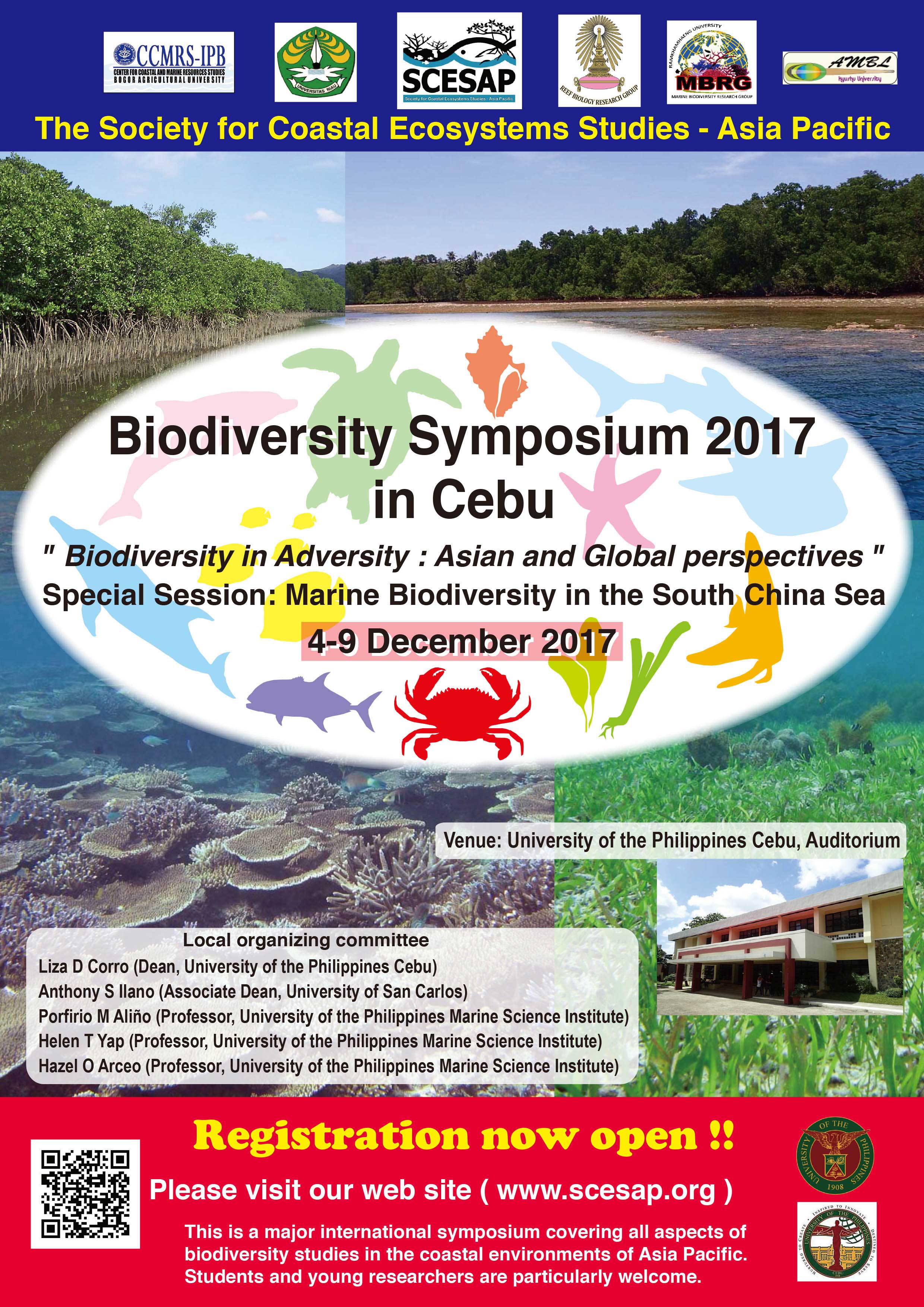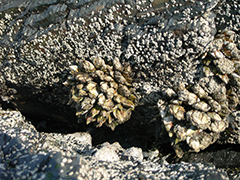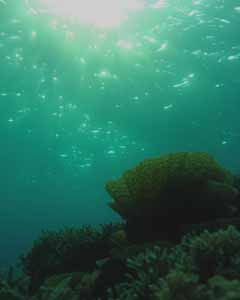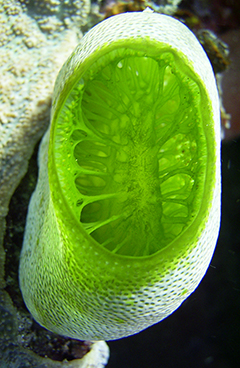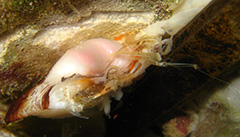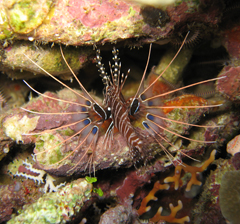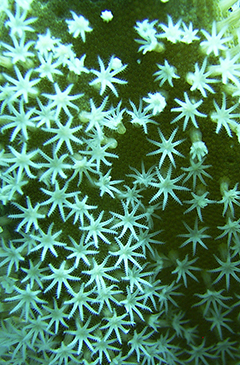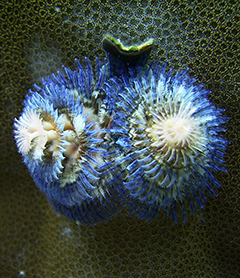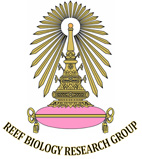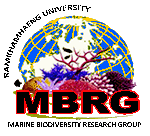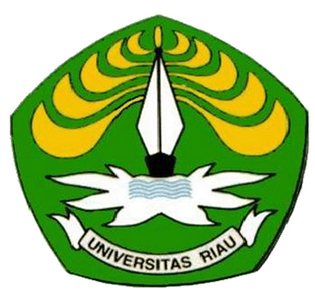Promotion of scientific research, education and management in Asia Pacific and beyond
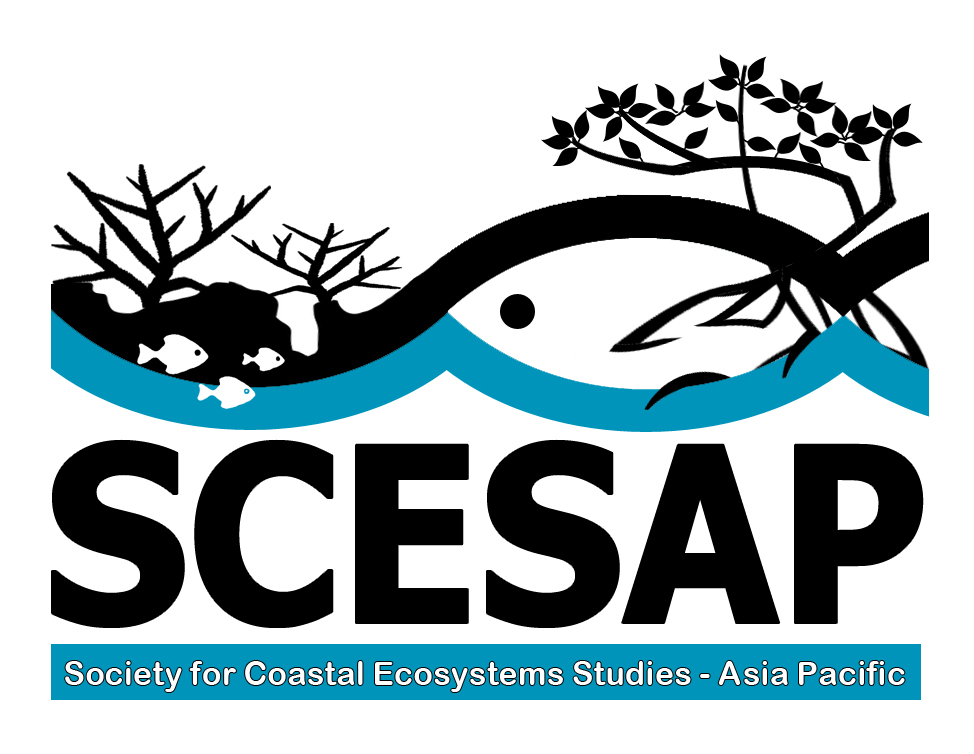
The Society for Coastal Ecosystems Studies - Asia Pacific, or SCESAP, has been established to advance research and education in the science and management of coastal ecosystems and adjacent environments in the Asia-Pacific region and worldwide, through the promotion of effective cooperation and communication among interested individuals and organisations in the Asia (Indo-Malay) Pacific and elsewhere.
■ The First, truly "Asia-Pacific", Academic Society with incorporated HQ
The SCESAP is probably the first, Asia-based, international academic society with an incorporated structure, that has been built upon the spirit of 'equal-partnership' participation of members, in particular those from countries/regions surrounding the mega-biodiversity areas of tropical/ subtropical Asia Pacific. The Society's equal-partnership stance is explicitly embodied in its Articles of Association which stipulate that representatives from no one country should numerically dominate the Society's highest decision-making body, the Permanent Council.
The SCESAP identifies as its important task the promotion of science by researchers and students based in Asia Pacific regions which have assumed, to date, a relatively minor part in the advancement of coastal ecosystems studies for economic, social and other reasons. The Society is therefore aware of the discrepancy in research infrastructure and output between countries in mega-diversity areas of the Asia Pacific and those in non-mega-diversity areas and recognises the need for the former to collaborate more closely among themselves to promote their science - after all, the management and conservation of coastal biodiversity largely rest on their shoulders. The Society membership is open to anyone interested in the promotion of coastal ecosystems research in the Asia Pacific and elsewhere. The Society's financing is dependent on its members sharing financial burdens on an equal-partnership basis. The SCESAP has its headquarters in Amakusa, Japan, as an incorporated, non-profit organization.
■ Working together on the biodiversity of coastal ecosystems in Asia (Indo-Malay) Pacific
Biodiversity research and management require a concerted effort from all parties concerned, and this is all the more so in the Asia Pacific where rapidly increasing populations and expanding socio-economic activities make many coastal environments highly vulnerable to irrevocable changes. The Society recognises the need for scientists and students working on different types of coastal habitats and different taxa to engage in closer collaboration and information exchange through dissemination of their research results on shared platforms, as that is vital for deeper and effective understanding of our varied coastal ecosystems. In this spirit the Society welcomes all people working on animals, plants and microorganisms in the Asia Pacific regions and will facilitate their networking.
Covering all aspects and types of coastal habitats and organisms in coastal ecosystems
■ Removing barriers to understanding
The Society for Coastal Ecosystems Studies - Asia Pacific is dedicated to the studies of all types of coastal environments in the Asia (Indo-Malay) Pacific and surrounding areas. All taxa of organisms (animals, plants/algae, micro-organisms) are dealt with, in all types of coastal and adjacent habitats, as we recognise the importance of functional linkages and ecological similarities across systems. Rather than creating an enclosed 'specialist organization', the Society aims to be a focal point of information exchange across taxa/habitats/disciplines, as we believe synergic interactions among scientists working in the Asia Pacific are what would count for the conservation and rational management of our precious coastal ecosystems. Above all, the Society aims to exercise utmost flexibility in responding to members' requests and incorporating activities which are to their benefit and to the benefit of our coastal ecosystems.
■ ■ - Coral reefs and reef-associated assemblages
■ ■ - Mangroves and coastal forest/woodland systems
■ ■ - Rocky/stony/sandy shore/substrate systems
■ ■ - Estuaries and seagrass systems
■ ■ - Coastal freshwater systems
■ ■ - Coastal closed/open water systems
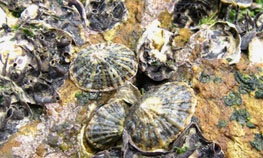
![]()
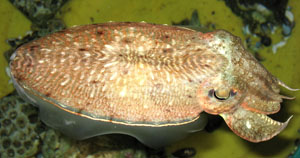
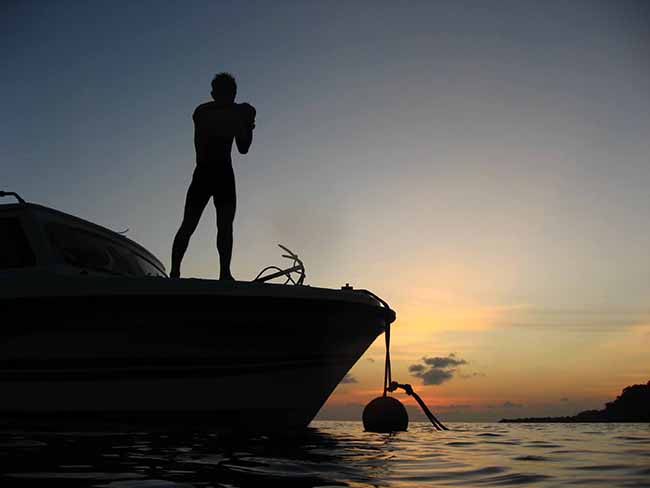
Revisions/News
- This site is updated at monthly (or more frequent) intervals.
- ( updated:
)

- -- the latest version on display
- 1 April 2013
- Society HP formally launched
